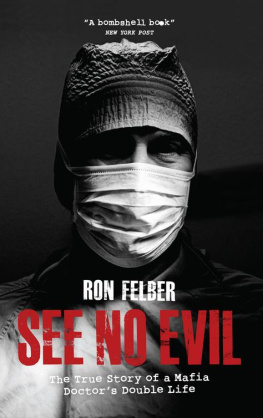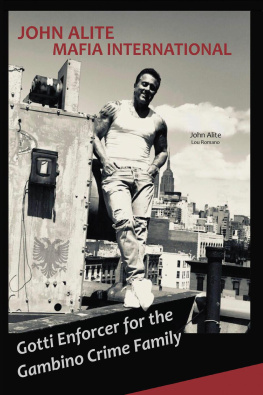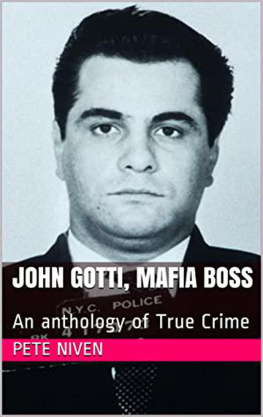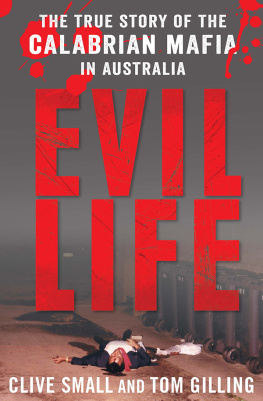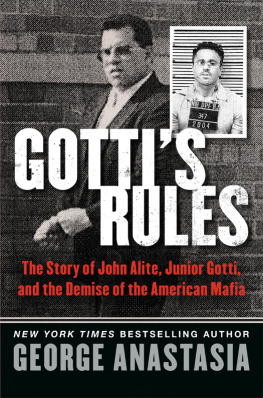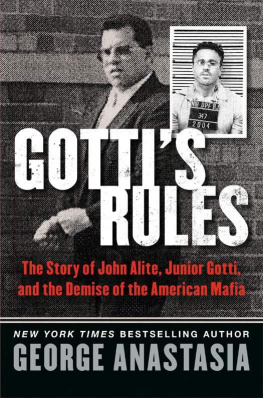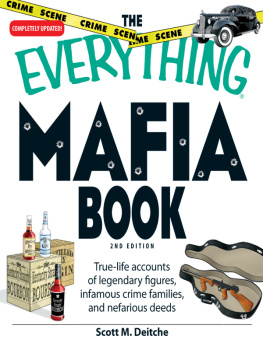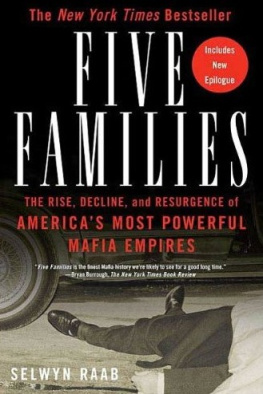Giulianihadachievedanationalvisibilityhedcravedhisentirelife.
Foley Square, February 27, 1985, 10:35 A.M .
A buzz of speculation swirled around U.S. Attorney Rudolph Giuliani as he stood on the Federal Courthouse steps in Manhattan. Flanked by FBI Director William Webster, the news conference had a carnival air about it as television and newspaper reporters roiled around New Yorks top federal lawman calling out questions, popping camera flashbulbs, and shooting videotape as he tried to wave them down.
The New York City Bar Association called you overzealous and said your use of RICO has led to abuses. What do you say about that? asked David Margolick then of the NewYorkTimes.
Id say theyre provincial and should stop acting like a trade organization, Rudy shot back, casting a quick grin in Websters direction.
What about John Gotti? called out NBCs Gabe Pressman. Therere reports that with Castellano out of the picture, hes the new boss of bosses.
No comment.
You wanna be mayor? Thats the word down at City Hall, shouted Newsdays Lenny Levitt.
Ive been U.S. attorney less than a year, Lenny. Why dont you give me a break? Rudy answered, then directing himself to the crowd and Webster, who stood by his side bemused, Come on, guys! he exhorted. Lets get a little organized here!
The night before, on February 26, 1985, fifty major mob leaders were busted and hauled before a swarm of cameras in Foley Square. Today, Giuliani was about to rock the world of organized crime again by announcing grand jury indictments against the bosses of New Yorks five ruling Mafia families.
This is a great day for law enforcement, Giuliani proudly declared, but a bad day, probably the worst ever, for the Mafia because we have not only attacked the heart, but the brain of La Cosa Nostra.
Based on taped evidence, he asserted, the U.S. Attorneys Office would prove that the heads of five Mafia families essentially ran the construction industry in New York, collecting two percent of the price of every significant contract in the state.
Giuliani then presented the indictment charging the bosses with running a RICO enterprise known, since its formation in 1931, as the Commission. Indicted were Paul Big Paul Castellano (Gambino Family); Anthony Fat Tony Salerno (Genovese Family); Gennaro Gerry Lang Langella (Columbo Family); Anthony Tony Ducks Corallo (Lucchese Family); Philip Rusty Rustelli (Bonanno Family). In other words, every ruling godfather in the state.
On that day and the next, Giuliani appeared on ABCs Evening News, Nightline, Good Morning America, and CBSs Morning News boasting about his prosecutorial triumph. In those forty-eight hours, he achieved a national visibility hed craved and worked for his entire life.
Then it happened. An event that would forever link Elliot Litners fate with the destinies of two of this generations most extraordinary men: future New York City Mayor Rudolph Giuliani and John Gotti, Time magazines Teflon Don and heir apparent to the throne of the nations most powerful Mafia crime family.
On November 13, 1986, in the midst of the Commission trial, Ralph Scopo, president of the Concrete Workers District Council, complained of nausea and numbness in his right arm. Then, while listening to prosecution tapes of himself secretly recorded by the FBI, he stood and clutched his chest, seized by a knifelike thrust of excruciating pain. He turned to his left toward Asst. U.S. Attorney Michael Chertoff as if to say something, then to his right, robotic, as he tried to move out from behind the defense desk. Finally, reaching for the oak rail behind him, he fell forward, then collapsed to the courtroom floor, suffering a heart attack.

Coronary patient Ralph Scopo lay motionless on the operating table at Mount Sinai Hospital, chest bare, electrodes attached to the back of his shoulders, intravenous needles inserted into his right arm and left wrist. Fifty-six years old, grossly overweight, and a three pack-a-day smoker, Giulianis pride and joy had collapsed four weeks earlier, headlines in the morning papers screaming S COPO H EART A TTACK D ISRUPTS R ACKETEERING T RIAL . But there was much more to it than racketeering. This case was an attempt by the FBI and New York Citys Organized Crime Task Force to bring down the Commission, the bosses of the five La Cosa Nostra families that governed organized crime in New York and possibly the nation.
In the background played The Wanderer, a 1961 hit by Dion in place of Verdi or Puccini, Elliots usual fare. The anesthesiologist jerked Scopos head back so the blunt blade of the L-shaped laryngoscope could be put in his throat and a one-half-inch endotracheal tube inserted past his vocal chords. A balloon on the tubes lower end inflated, creating an airtight seal as Clark Hinterlieter, the resident surgeon, inserted a Foley catheter through Scopos penis into his bladder, then nodded to Dr. Elliot Litner, the chief operating surgeon.
Litner glanced to his right where outside Operating Room #2 the Giuliani team of three federal investigators led by Special Agent Peter Hogan awaited the operations outcome like vultures. Then, to his left where John Gottis right hand, Sammy the Bull Gravano, and two of his underlings loomed nearby the patients waiting room pacing the floor with equal intensity. The Brooks Brothers Ivy Leaguers versus the polyester suit gumbas, Litner mused sardonically, the voice in his head sounding like a cross between Woody Allen and a manic Jerry Lewis. Howthehelldidanerdy,JewishkidfromtheBronxgetcaughtupinamesslikethis? he anguished. The feds want Scopo alive to prosecute and twist into a government witness against New Yorks five families. The goodfellas dont want him leaving this operating room alive. Either way, its understood, Litner was a dead man.
Dion warbled in the background about Flo on the left, Mary on the right, and Janie being the girl hell be with tonight. When Janie asks who he loves the best, Dion tears open his shirt to show Rosie on his chest.
CauseImthewanderer,
Yeahthewanderer,
Igoaround,around,around
The chest was open; the heart-lung machine ready to go. It was impossible to stall any longer. It was time for Elliot Litner, a man who could have been the poster boy for moral ambiguity, to choose between life or death: loyalty to La Cosa Nostra or devotion to his Hippocratic oath.
Fifty ccs going in to test the line, the technician announced.
On bypass, Litner commanded, start cooling.
Almost immediately, Scopos heart slowed.
Judy Harrow, his surgical nurse, held the shiny stainless-steel needle up in the air. She depressed the syringe plunger, and a stream of clear liquid potassium spurted from it.
She handed it to Litner.
This was it. The moment of truth, for if ever there was a time to see to it that Scopo never awakened from his drug-induced sleep to testify, this was that time.
Litner took the syringe into his right hand, clamped the aorta, then injected the icy fluid directly into the vessels below the blockages in Scopos lower aorta.
RalphScoposhearthadstoppedbeating!
Thesegangstersaregoingtokillmy

